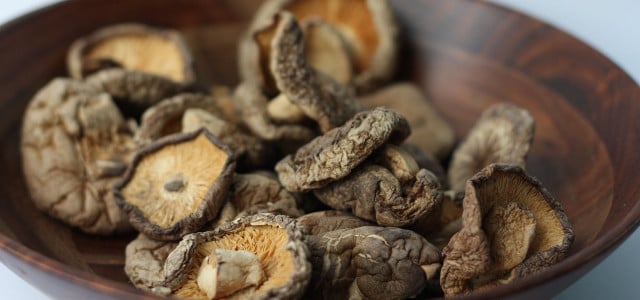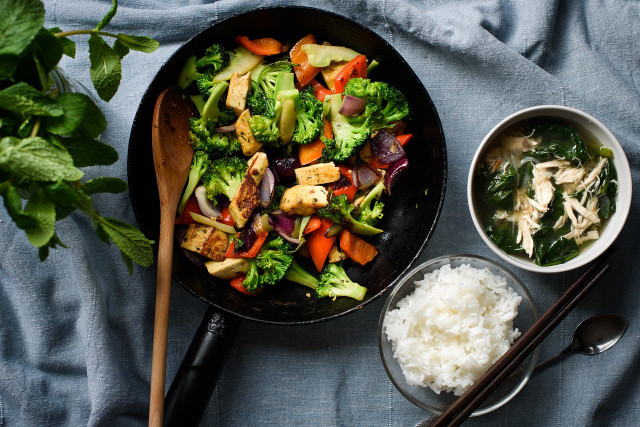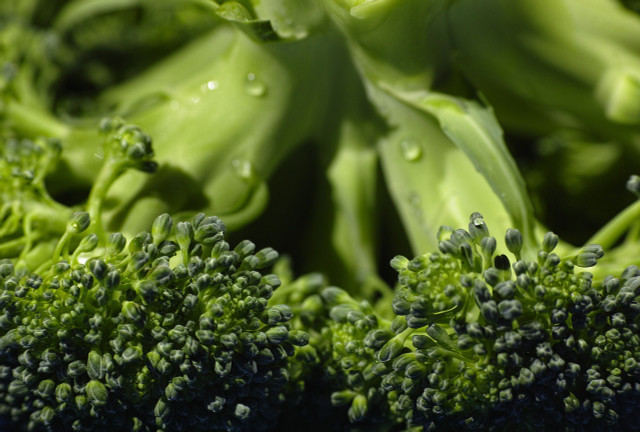
Choline is an essential nutrient with important functions in the body. You can cover most of your choline needs with food. You can find out which ones are suitable for a vegan diet here.
Choline is an important micronutrient that has effects and functions similar to certain B vitamins. For example, it contributes to the formation of cell membranes and also plays a role in the transmission of nerve impulses and the maintenance of brain function.
Choline is an essential nutrient: the body can only produce it in limited amounts, which is why it is necessary to get choline through food to meet your needs.
In which foods is the nutrient found?
According to a study by the University of Lübeck, choline can be a critical nutrient for people with increased nutrient requirements (e.g. during pregnancy) and those who eat a vegetarian or vegan diet. Some of the richest sources of choline are animal foods. People who eat a diet free of meat, fish, eggs and dairy products could therefore be at an increased risk of choline deficiency.
But there are also a number of plant-based foods that you can use to get choline through food. These include legumes, tofu, green vegetables, nuts and oilseeds, potatoes and grains.
Choline in Food: Vegan Sources

(Photo: CC0 / Pixabay / sontung57)
The European Food Safety Authority recommends a daily choline intake of 400 milligrams from the age of 15, with pregnant women 480 and breastfeeding women even 520 milligrams.
According to the health portal Healthline and the health authority National Institutes of Health, you should reach for choline-rich foods like these to meet your needs:
-
Shiitake mushrooms: 145 grams provide 116 milligrams of choline.
-
Soybeans: 93 grams (roasted) contain 214 milligrams of choline.
-
Wheat germ: There are 153 milligrams of choline for every 84 grams.
-
Cauliflower: 160 grams provide 72 milligrams of choline.
-
Potatoes: A large potato contains 57 milligrams of choline.
-
Quinoa: For every 225 grams (cooked) there are 43 grams of choline.
-
Brussels sprouts: 160 grams provide 30 milligrams of choline.
-
Broccoli: 160 grams contain 30 milligrams of choline.
-
Peanuts: 24 milligrams of choline per 55 grams.
-
Peas: 80 grams (cooked) provide 24 milligrams of choline.
-
Brown rice: 175 grams (cooked) contains 19 milligrams of choline.
-
Almonds: There are 15 milligrams of choline for every 28 grams of almonds.
Tip: With all these foods you can put together a nutritious Buddha Bowl, for example.
Not Enough Choline Through Food?

(Photo: CC0 / Pixabay / Engin_Akyurt)
You can easily cover your choline needs with a variety of foods – even if you eat vegan. Choline deficiency is relatively rare, except in pregnant women, according to the Cleveland Clinic. The latter require more than the average daily requirement, namely 480 milligrams according to the European Food Safety Authority. Choline deficiency is associated with an increased risk of heart attack and stroke, muscle damage, liver damage, dementia, cancer or fatty liver, and fetal developmental disorders during pregnancy. However, the study by the University of Lübeck recommends covering an increased choline requirement preferably with food and not with dietary supplements. According to the Cleveland Clinic, an overdose can cause numerous side effects, from profuse sweating to low blood pressure to heart attacks.
Eat a balanced diet with lots of green vegetables, nuts, legumes and whole grains to prevent choline deficiency. If you are unsure whether you are getting enough choline with your vegetarian or vegan diet, seek professional advice.
Read more on Techzle\.com:
- Vegan food pyramid: How to eat healthy
- Vegan Proteins: The 5 most important sources
- Blood count as a vegan: You should have these values tested